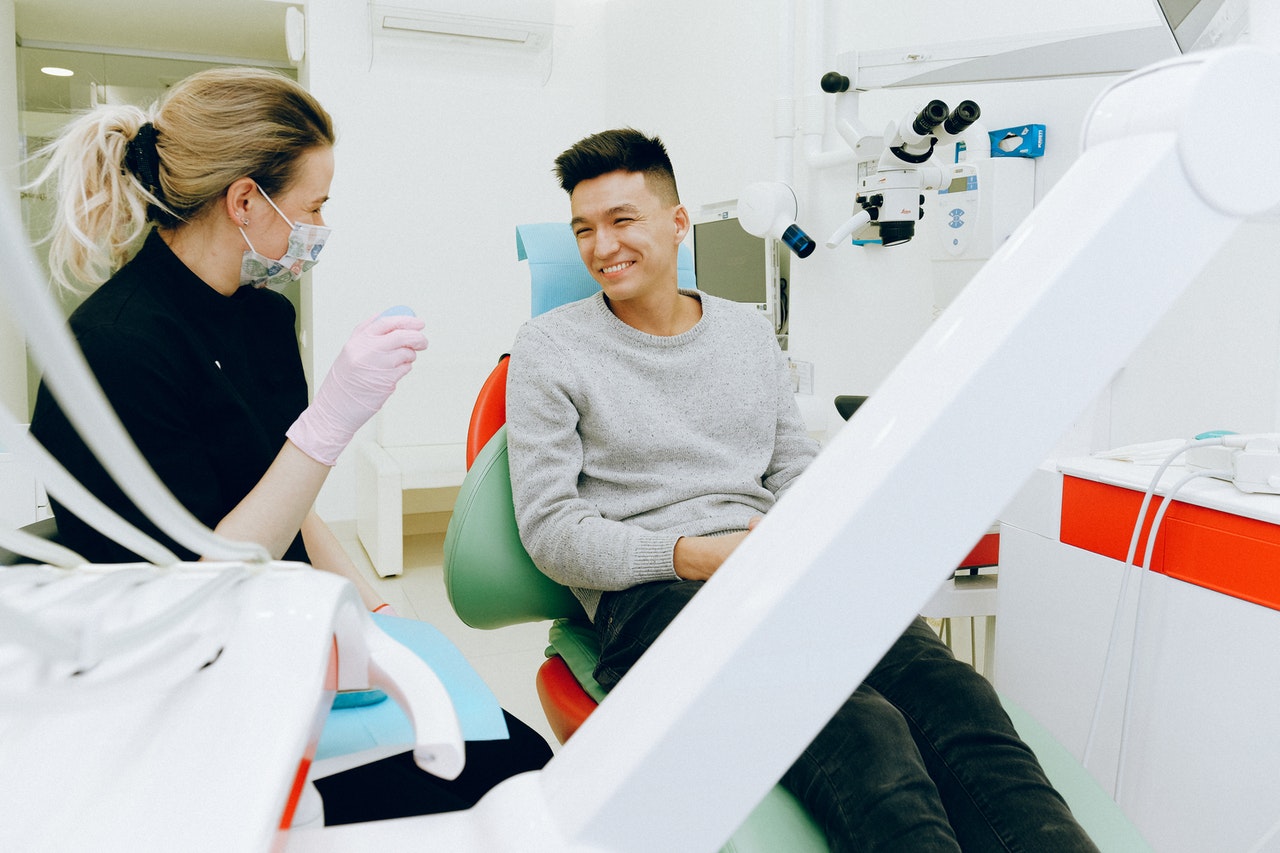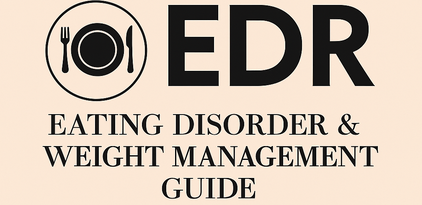Welcome to EDR – Your Weight Management & Supplement Review Hub
We are fully focused on helping you overcome every hurdle on your health journey. Whether you’re dealing with emotional eating, struggling with weight gain, or seeking clarity on which supplements actually work—we’re here to guide you with research-backed insights and actionable advice.

Your Health is Our Priority
Believe. Expectation. Reality.
We believe in real results, not unrealistic promises. Our mission is to set the right expectations and deliver evidence-based recommendations you can trust. Your health, your journey—we’re here to help you succeed.

Call us or book your consultation today
Help us help you with Binge Eating Disorder (BED), Emotional Overeating, Obesity, and Weight Management
Our Medical News
We have wide range of procedures
Lorem ipsum dolor sit amet, consectetur adipiscing elit, sed do eiusmod tempor. consectetur adipiscing elit, sed do eiusmod tempor.
Lorem ipsum dolor sit amet, consectetur adipiscing elit, sed do eiusmod tempor. consectetur adipiscing elit, sed do eiusmod tempor.
Lorem ipsum dolor sit amet, consectetur adipiscing elit, sed do eiusmod tempor. consectetur adipiscing elit, sed do eiusmod tempor.
